Keywords: Indigenous Voice
-
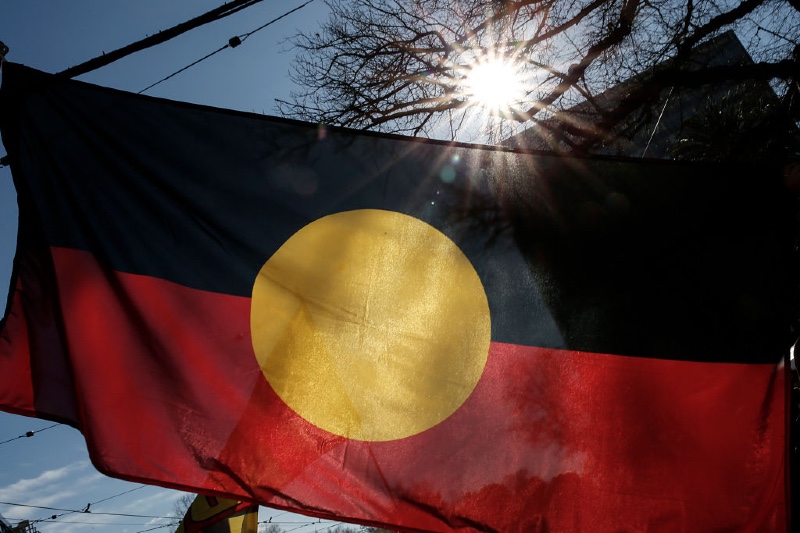
FAITH DOING JUSTICE
But it is possible the members of the Plenary could begin to hear a deeper voice speaking in their hearts. There may arise a new courage to start a process of truth and reconciliation, reporting the process of this journey to the second Plenary Council planned for Sydney, July 2022. We can only begin that journey if members of the Plenary Council come and are open to listening to that deep inner voice.
READ MORE
-
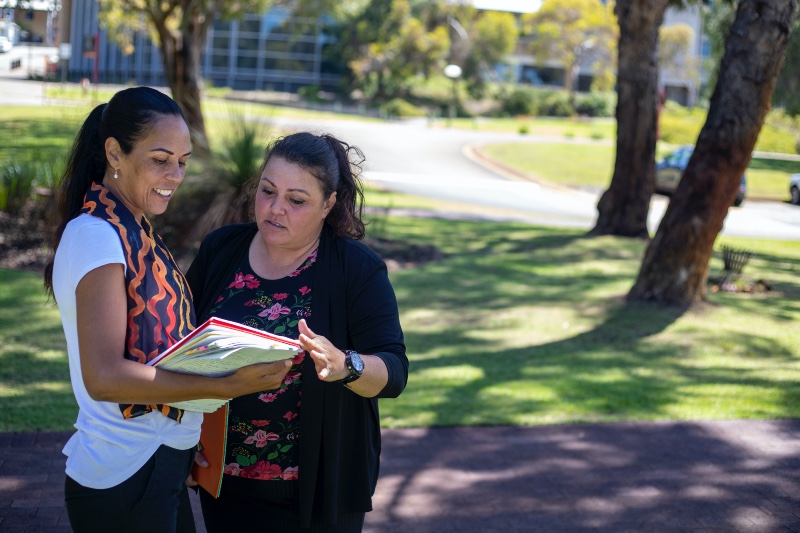
RELIGION
- Garry Deverell
- 18 May 2021
19 Comments
It is no coincidence that white ‘settler’ theology in this country has barely begun to engage with Indigenous people. Arguably, it has only begun to do so because the Indigenous citizens of the churches have begun to cast off the imaginative shackles made for us by our white gubbas and find our own voice.
READ MORE 
-

AUSTRALIA
- Malarndirri McCarthy
- 28 January 2021
7 Comments
January 26 is one day out of 365. But no other date conjures up so much passionate debate amidst a cacophony of divided views. Each year there is the predictable commentary about Australia Day.
READ MORE 
-

AUSTRALIA
- Daniel Sleiman
- 02 June 2020
19 Comments
Will former Governor General John Kerr's correspondence with the Queen shed light on what really happened in 1975? It may very well, and historians like Jenny Hocking were willing to challenge the National Archives of Australia's refusal to access such records in High Court.
READ MORE 
-
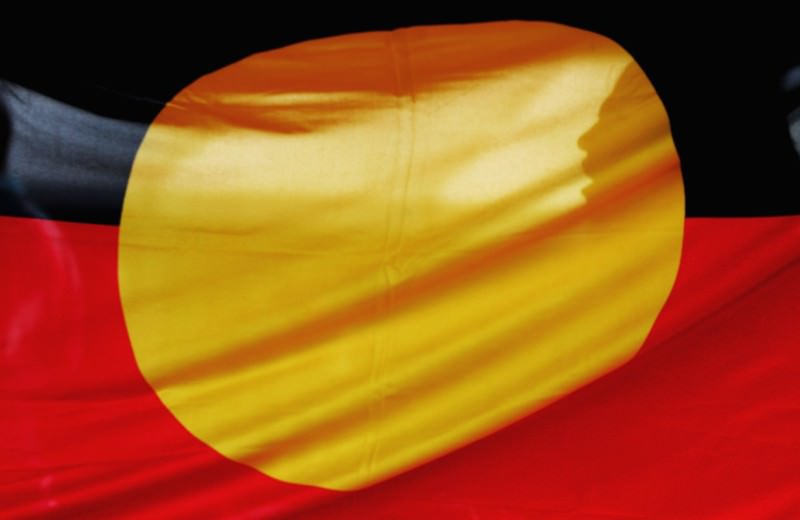
AUSTRALIA
- Celeste Liddle
- 28 May 2020
12 Comments
Reconciliation week itself begins on the 27th May, the anniversary of the 1967 Referendum, which granted Aboriginal people the right to be counted in the census. The anniversary of the Mabo ruling in the High Court rounds out the week. Yet every year, I would swear that this week means nothing more to most people in this country than to call on the Aboriginal and Torres Strait Islander people in their workplaces and community to do more work.
READ MORE 
-
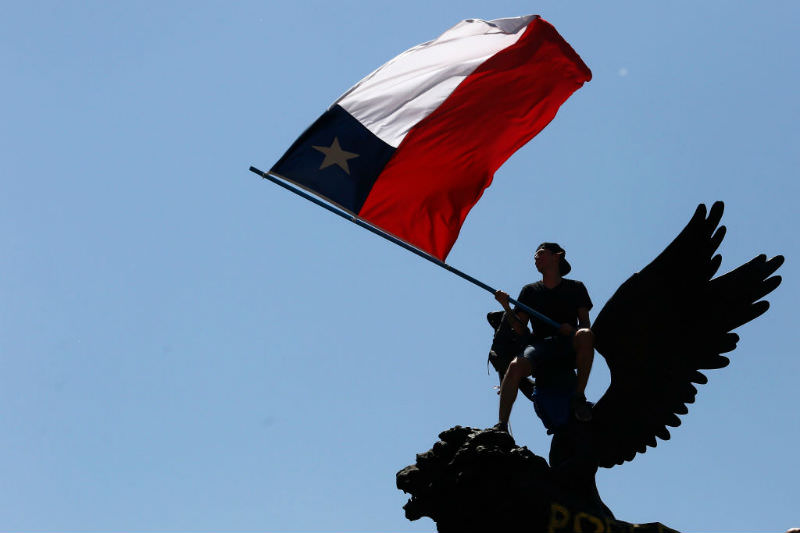
INTERNATIONAL
- Ramona Wadi
- 18 March 2020
For the Mapuche people, as well as Chileans, the tearing down of colonial and military relics is a statement reflecting the determination to take an active part in the memory process of Chile. It is time, in other words, for the narrative of the oppressed to come from oppressed voices.
READ MORE 
-
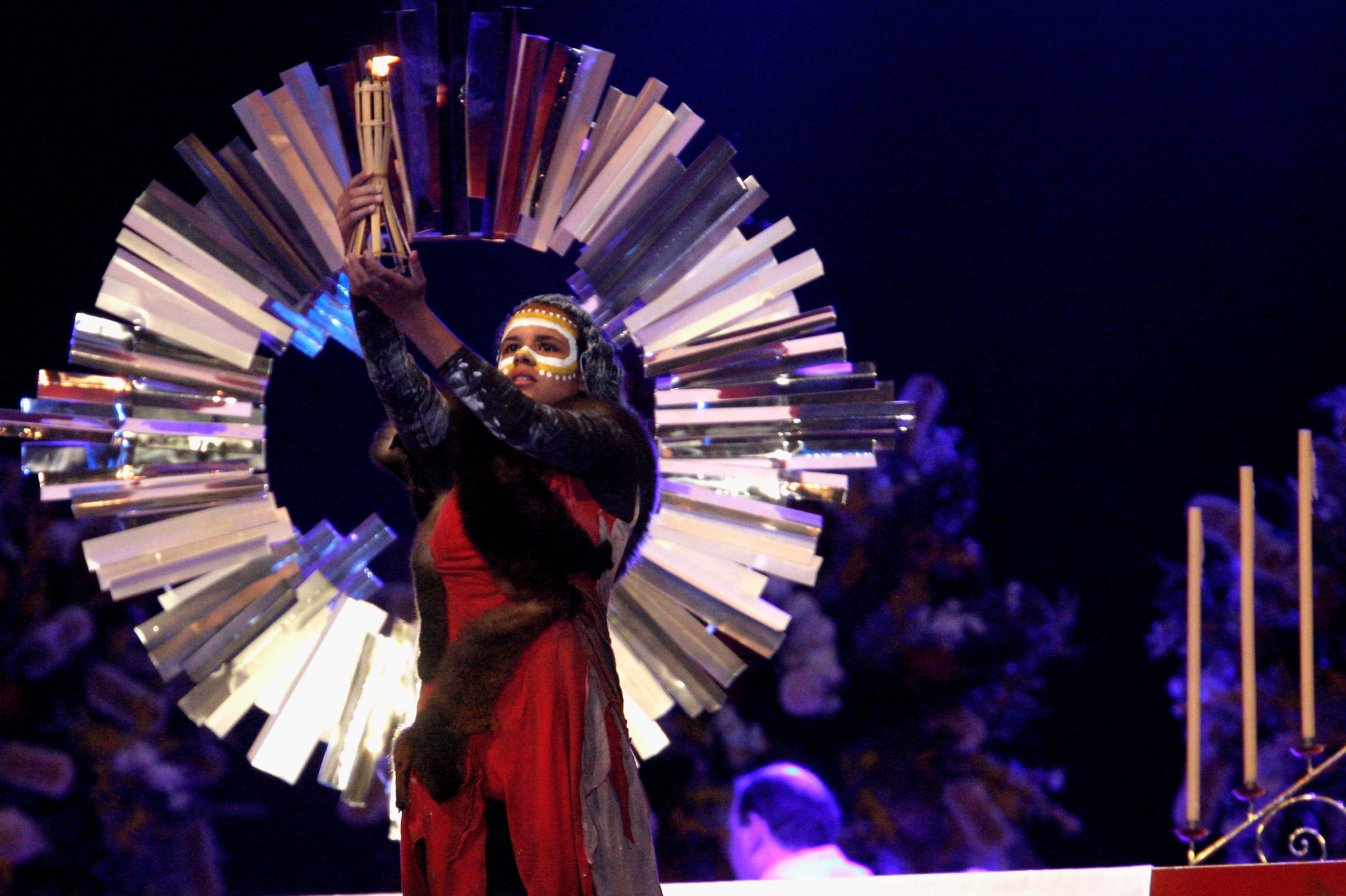
RELIGION
- John Lochowiak
- 24 February 2020
17 Comments
Pope Francis’ 'Querida Amazonia' (Beloved Amazonia) has been warmly received by many members of the Aboriginal and Torres Strait Islander Catholic community. The tone of the exhortation is reflective of the position that underpins our vision for the Church in Australia — a Church that is open to the gifts of First Nations Catholics, honest to the past and embracing of a new way of thinking that utilizes the principle of subsidiarity.
READ MORE 
-

AUSTRALIA
- Celeste Liddle
- 05 December 2019
7 Comments
Whiteness — some days it's like a light mist constantly hanging around yet going mainly unnoticed as it stealthily seeps into one's pores. Other days, it hits you like a cascade, or a tsunami of whiteness. Tuesday, observing the news, felt more like one of the latter.
READ MORE 
-
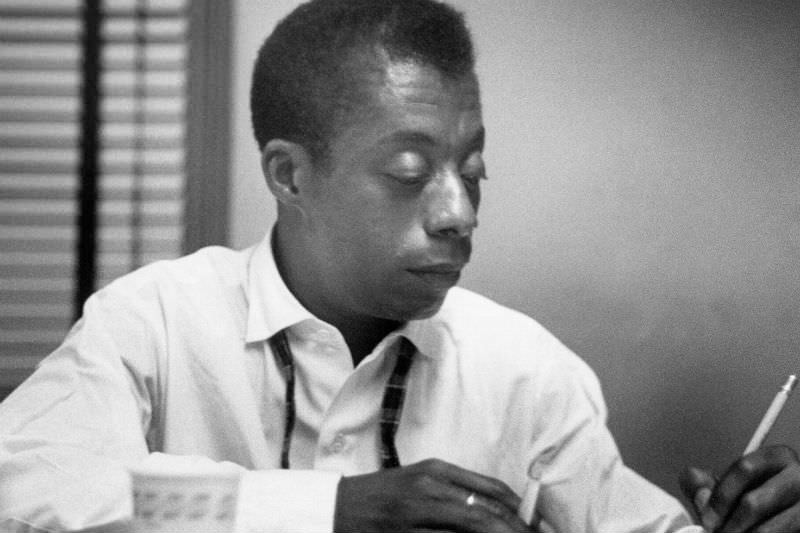
ARTS AND CULTURE
- Mark Tredinnick
- 30 September 2019
11 Comments
I'm a white man in a white man's world, his mother tongue the lingua franca everywhere. I may not be rich, but I am more or less free, and my calling has let me travel the world. It's easy for me, not having had to fight for mine, to ask us to go deeper than identity when we write. But when James Baldwin says the same thing, it compels.
READ MORE 
-
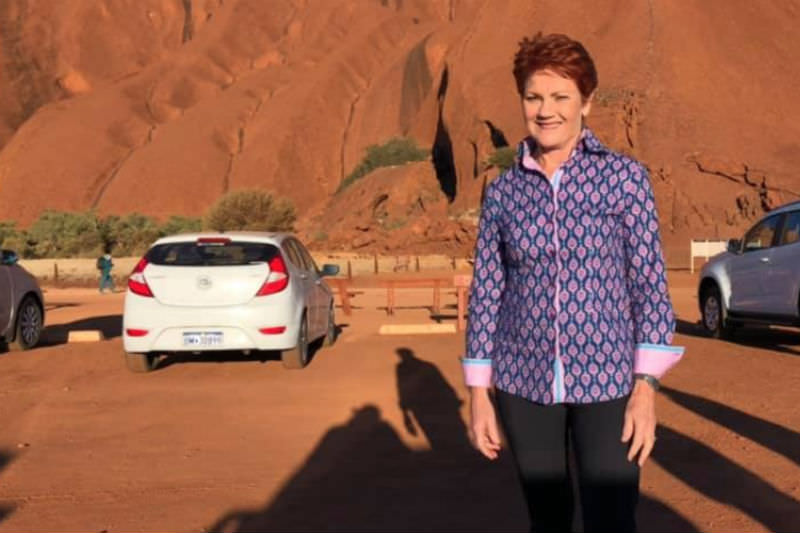
AUSTRALIA
- Celeste Liddle
- 23 August 2019
12 Comments
According to anecdotal evidence, Pauline Hanson arrived at Uluru, climbed up to 'chicken rock', slid back down on her backside and then, later, met with some Anangu elders to 'get permission' to climb Uluru. The disrespectful farce was but one illustration of how the week went when it comes to showing respect for Indigenous rights and views.
READ MORE 
-

AUSTRALIA
- Kate Galloway
- 15 July 2019
7 Comments
Constitutional reform works at two levels. It would establish the institution of the Voice so that a future Parliament could not easily get rid of it. Doing so is also symbolic — but not merely symbolic. It recognises the place of Indigenous Australians within the Australian polity. This is not a divisive action. Rather it is inclusive.
READ MORE 
-
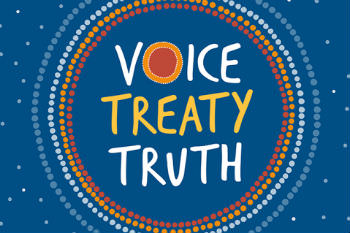
AUSTRALIA
- Andrew Hamilton
- 08 July 2019
5 Comments
The NAIDOC theme returns to the other side of the relationship between First and later Australians — that of unity within a single nation — and invites cooperation in a project that matters to all Australians. At stake is not simply the fulfilment of Indigenous hopes but shared pride in an Australian identity.
READ MORE 